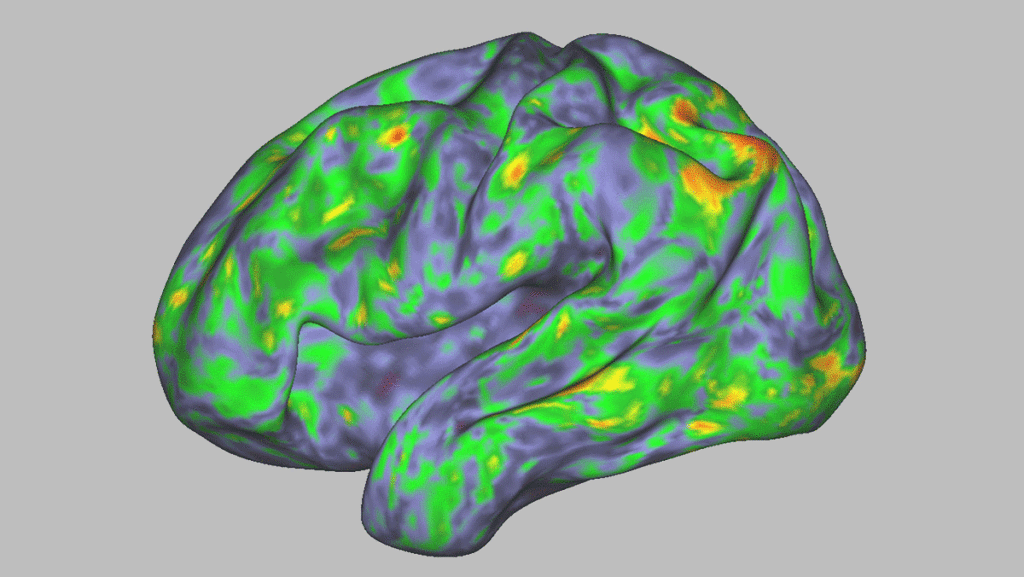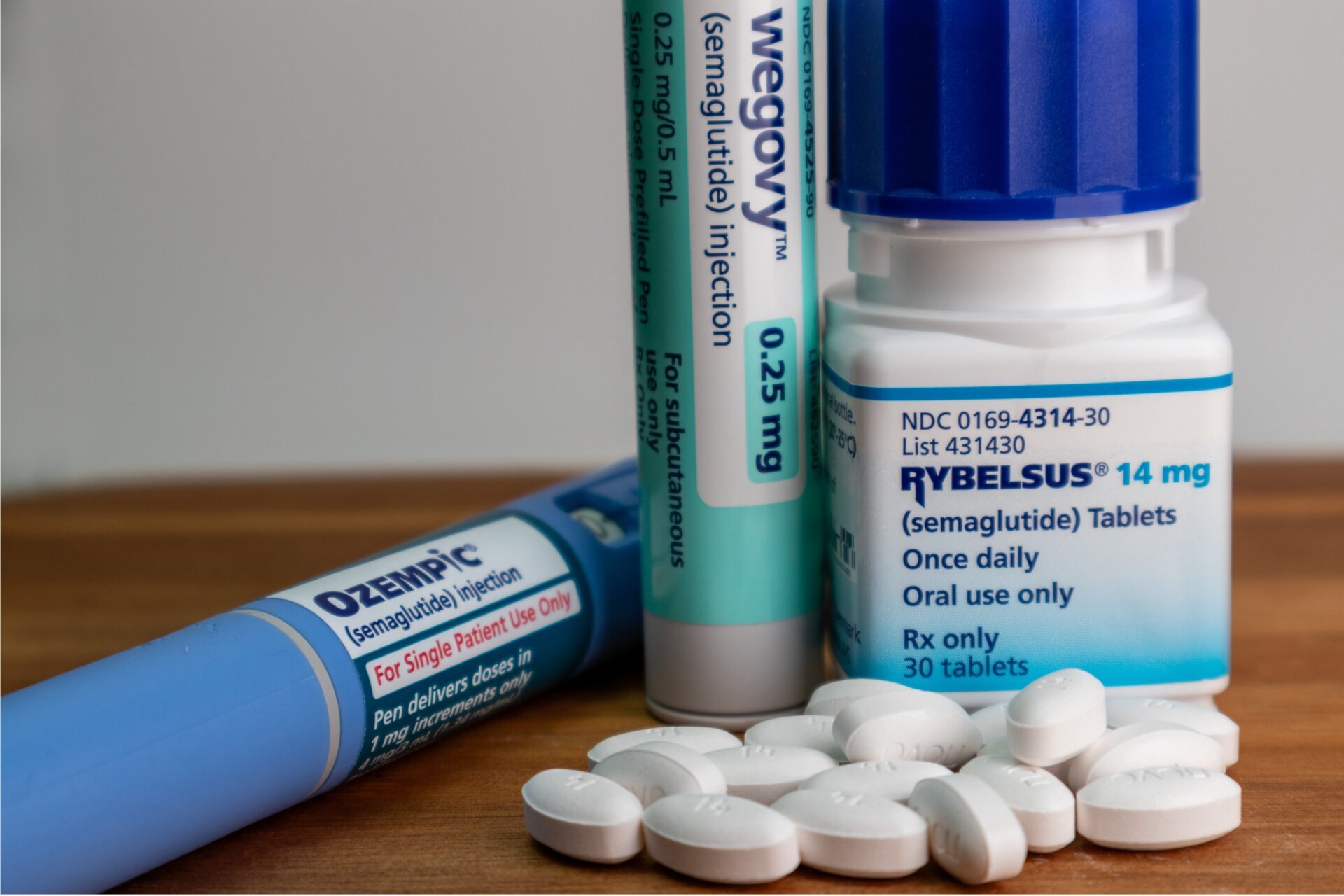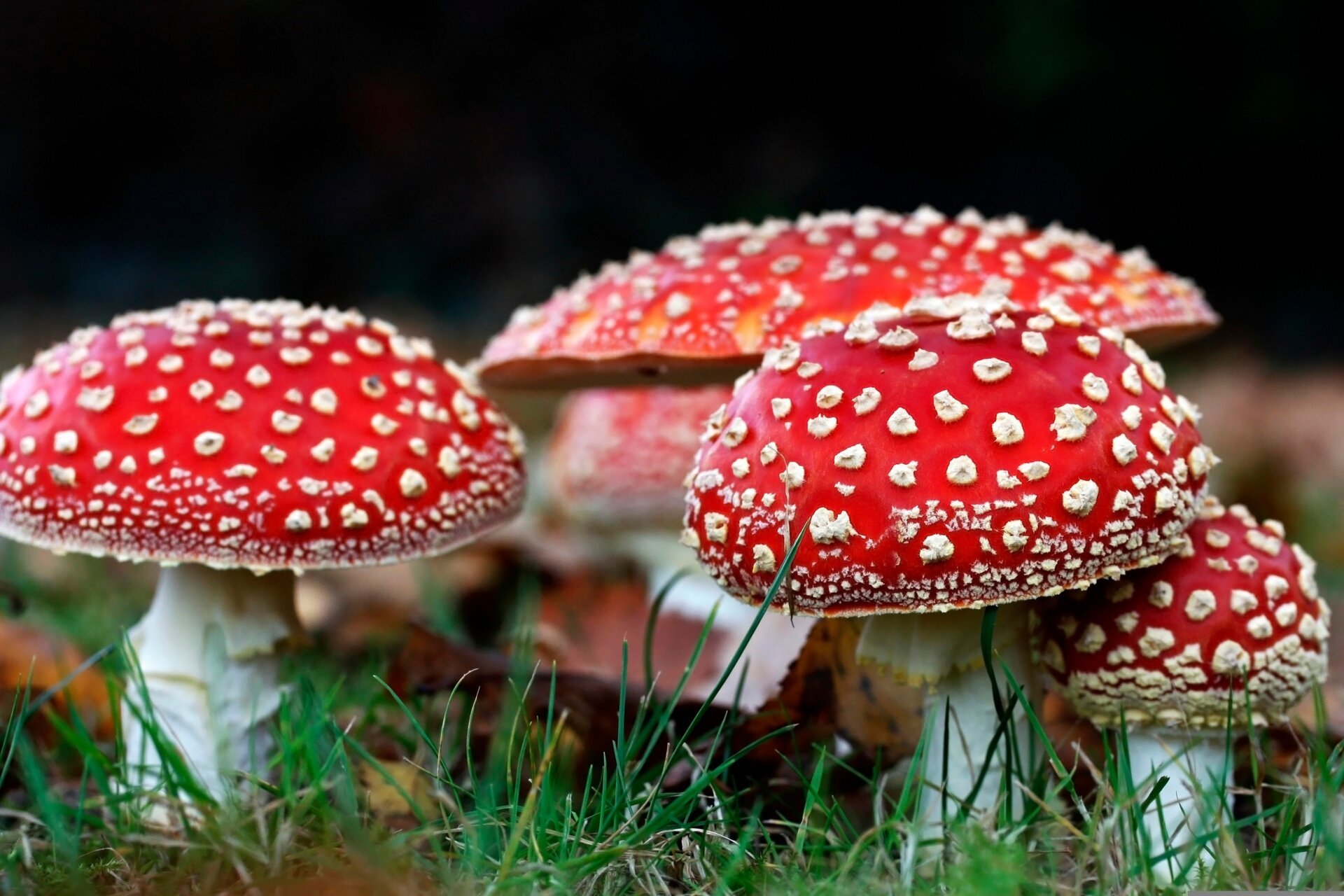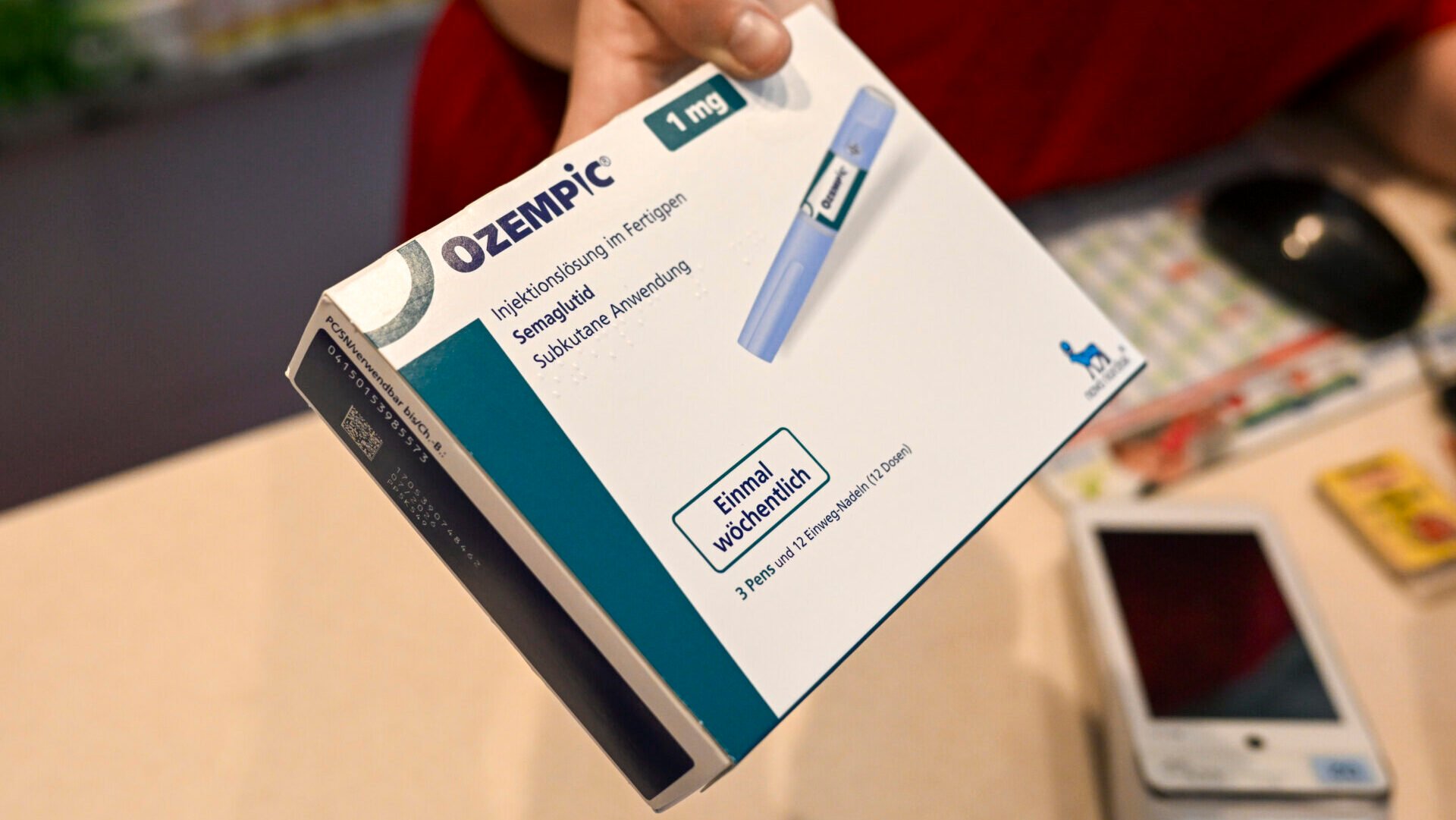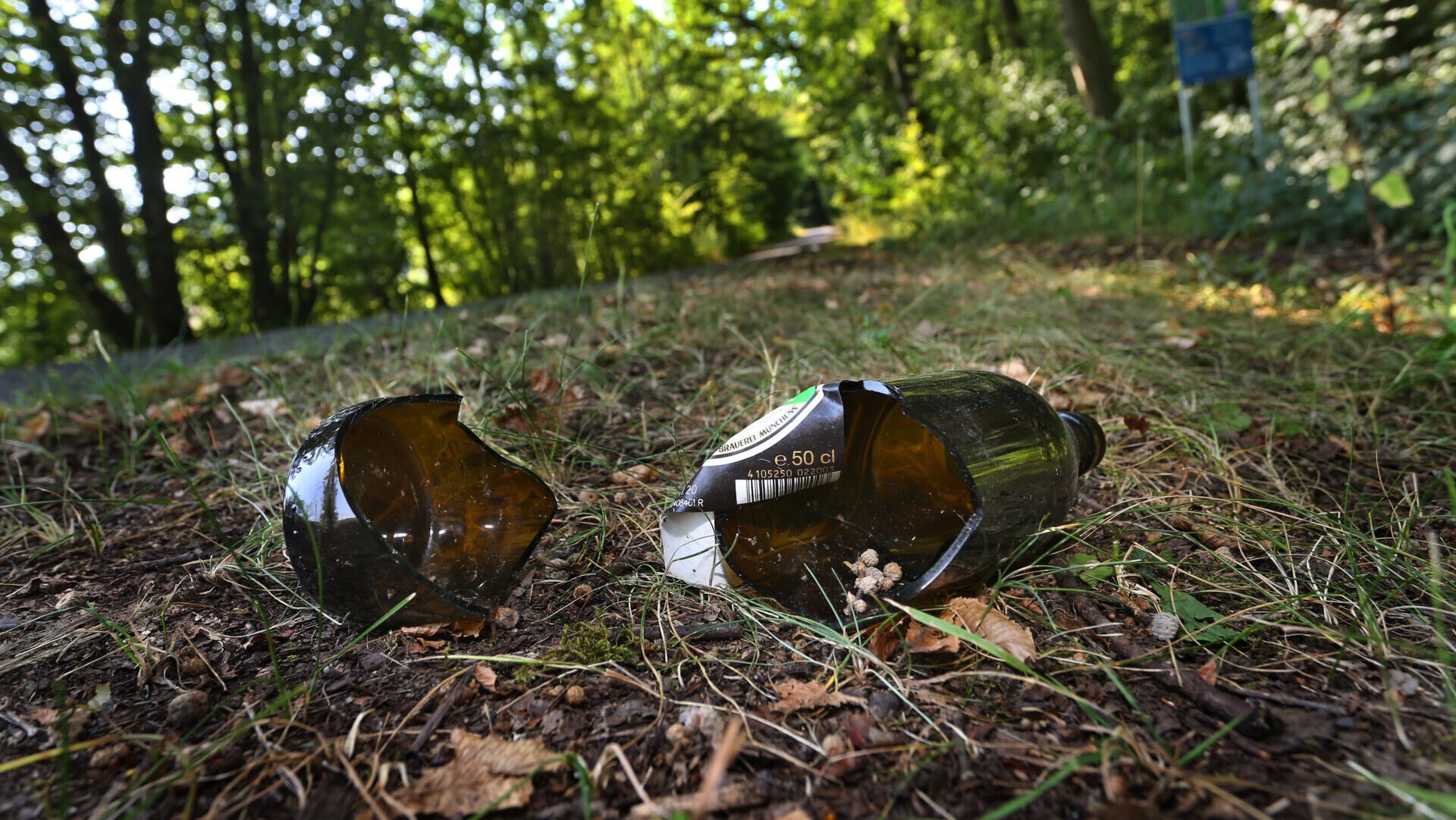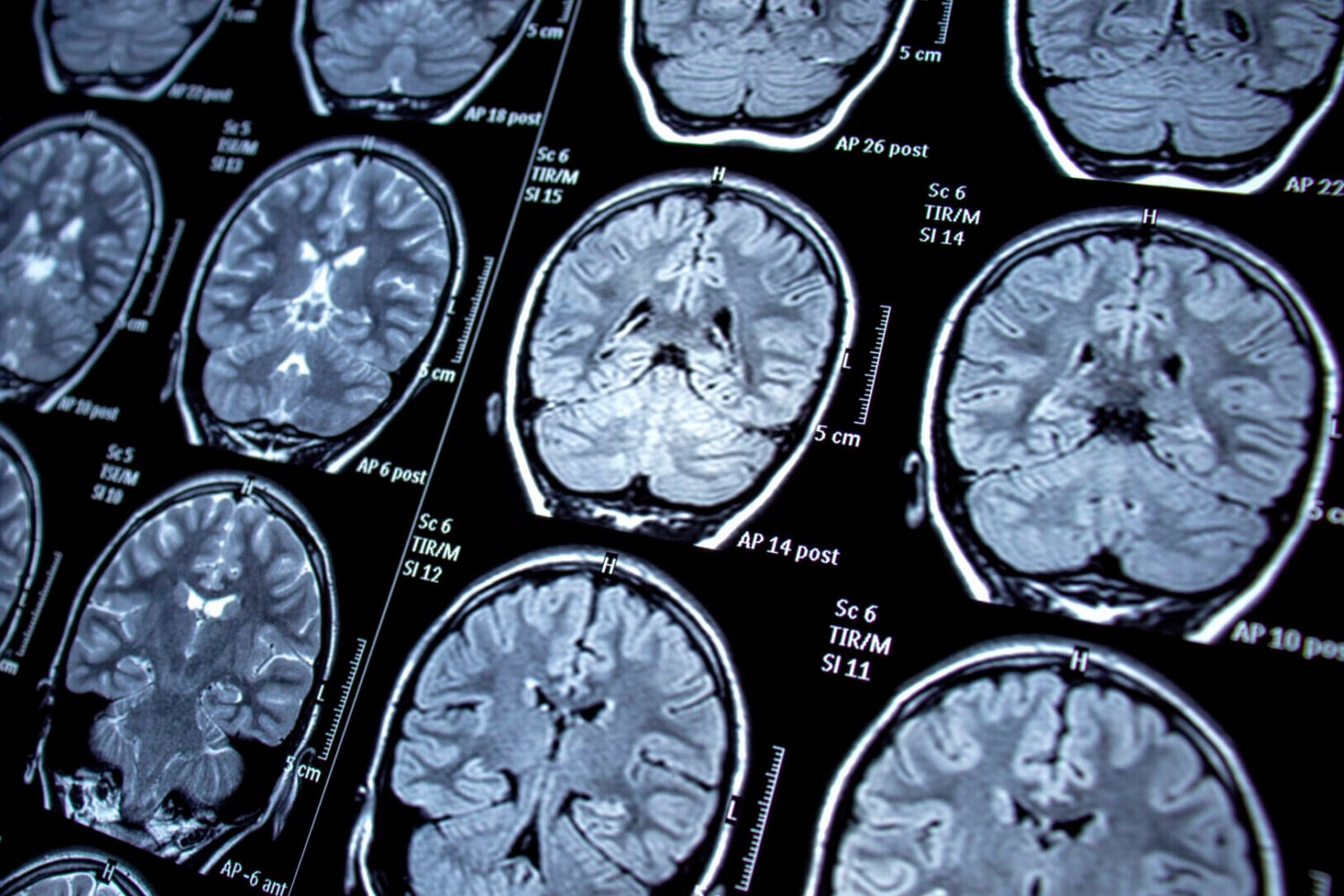Psilocybin, the psychoactive compound found in “magic mushrooms,” has garnered significant attention for its potential in treating mental health disorders. A recent study delves into the intricate ways psilocybin alters brain activity, offering insights into its therapeutic effects, particularly on areas governing our sense of self. This research provides a deeper understanding of how psilocybin and similar substances could revolutionize mental health treatment.
The resurgence of scientific interest in psilocybin and other psychedelics has been remarkable. Early studies and anecdotal evidence suggest that psilocybin, combined with psychotherapy, may offer relief for individuals struggling with depression, substance abuse, and post-traumatic stress disorder (PTSD), especially for those who haven’t responded to traditional treatments. Large-scale Phase III trials for psilocybin in depression are currently underway, with anticipated results expected soon. Despite this progress, much remains unknown about the precise mechanisms through which these substances impact the brain. This study, led by neuroimaging expert Joshua Seigel and his colleagues at Washington University in St. Louis, aimed to address these lingering questions.
Psilocybin’s Impact on Brain Connectivity
This randomized, controlled trial involved seven healthy adults aged 18 to 45. Participants underwent MRI brain scans before, during, and after receiving a substantial dose of psilocybin (25 milligrams). They then returned for a second dose six to 12 months later. “A key advancement in our study is the longitudinal tracking of participants with regular scans for weeks following psilocybin administration,” Seigel explained to MaagX.
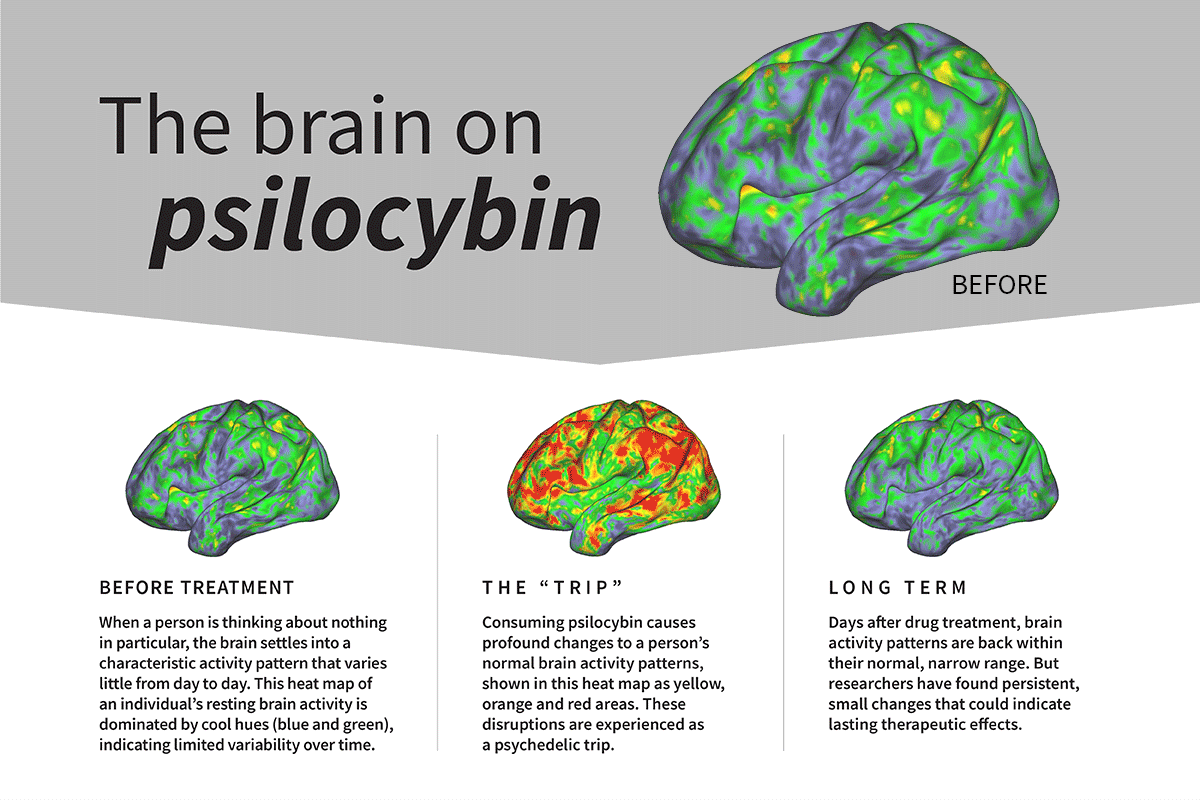 Brain Activity Changes After PsilocybinVisualization of psilocybin’s effects on brain activity.
Brain Activity Changes After PsilocybinVisualization of psilocybin’s effects on brain activity.
The researchers observed immediate and significant alterations in brain activity, although these largely subsided within days. However, some changes persisted for weeks. “We witnessed profound and widespread desynchronization of brain activity after a large psilocybin dose, affecting connectivity across cortical networks and subcortical structures,” Seigel stated.
The most prominent change was a sustained decrease in connectivity between the anterior hippocampus and the brain’s default mode network (DMN), a connection crucial for self-perception. These alterations appear to explain a key element of the psychedelic experience: individuals reporting the most intense mystical experiences exhibited the greatest changes in their DMN.
Implications for Depression Treatment
Published in Nature, the study’s findings, while based on a small sample size, warrant further investigation. The research supports the hypothesis that psychedelics may hold therapeutic potential for depression. Previous studies indicate that individuals with depression often display atypical brain activity patterns within the DMN. Psilocybin, by inducing temporary disruptions, may help to dislodge these detrimental patterns.
Interestingly, the study also revealed that performing a simple perceptual task seemed to mitigate psilocybin’s effects on the volunteers’ brains. This observation may provide a neurobiological basis for “grounding,” a technique employed in psychedelic-assisted therapy. Grounding encourages individuals to focus on their physical surroundings during a session, promoting a sense of safety and reducing stress associated with intense thoughts or emotions.
Charting a Course for Future Psychedelic Research
By meticulously mapping the brain changes associated with psilocybin, researchers aim to establish a reliable framework for studying similar experimental drugs, including those designed to minimize hallucinogenic effects. Seigel, in his new role as Assistant Professor at New York University Langone Health’s Center for Psychedelic Medicine, will continue developing this roadmap to facilitate the testing of novel compounds.
“Numerous companies are exploring novel psychedelics and non-hallucinogenic psychedelic analogs,” Seigel noted. “This study provides a valuable biomarker for evaluating these drugs, helping determine if they are targeting the correct pathways and identifying optimal dosages.”
The study provides a foundation for future research and offers hope for the development of innovative treatments for mental health disorders.



